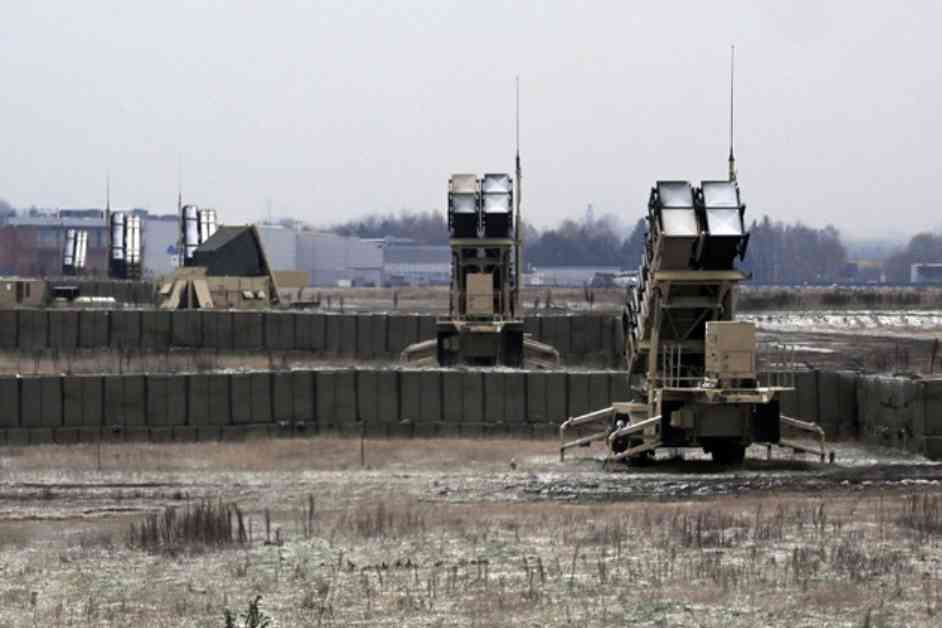Russia Strikes Ukraine’s Gas Storage in Missile Attack – Impact on Energy Sources
In a harrowing turn of events, Russia launched a massive missile strike on Wednesday morning, targeting two of Ukraine’s crucial underground gas storage facilities in western Ukraine. The attack aimed at underground gas storage sites in Striy and Drohobych, both situated in the Lviv region, according to a source within Ukraine’s energy sector who wished to remain anonymous.
Impact on Energy Infrastructure
The Oparske underground gas storage, the second-largest in the region, was among the targets, holding nearly 2 billion cubic meters of gas. While initial reports suggested three missiles were launched at these facilities, fortunately, none reached their intended targets. Maxym Kozytsky, the head of the Lviv Regional Administration, reported damage to “two critical infrastructure facilities in Drohobych and Stryi districts.” However, he confirmed no casualties resulting from the attack.
Serhiy Nahorniak, a member of Ukraine’s Parliamentary Committee on Energy, Housing, and Utility Services, stated that although there was “significant equipment damage” to above-ground facilities, Ukraine’s gas networks did not experience major disruptions. Naftogaz, Ukraine’s gas conglomerate, reassured the public that all facilities are operational, and gas supplies remain uninterrupted.
Escalating Conflict and International Ramifications
The missile assault by Russia follows Ukraine’s recent aerial attack on Russian territory, marking a significant escalation in the nearly three-year war between the two nations. Ukrainian Air Force reported that Russia launched a total of 43 missiles and 74 drones on Wednesday, with 77 targets successfully intercepted. This attack comes on the heels of Ukraine halting Russian gas transit to Europe on January 1, ending a long-standing arrangement and sparking concerns about energy security in the region.
Humanizing Touch: Leo Chiu’s Perspective
Leo Chiu, a seasoned news reporter based in Eastern Europe, brings a unique perspective to the ongoing conflict in the region. With a deep interest in geopolitics and a commitment to uncovering the human stories behind the headlines, Chiu’s experience offers a nuanced understanding of the complexities at play. Having witnessed presidential elections in Belarus and visited contested regions worldwide, Chiu believes in the power of storytelling to shed light on the human impact of geopolitical events.
As we navigate the evolving dynamics of the conflict between Russia and Ukraine, it is essential to remember the individuals and communities affected by these hostilities. Behind every statistic and strategic move lies a human story waiting to be told. Leo Chiu’s dedication to uncovering these narratives reminds us of the power of journalism to connect us on a deeper level, transcending borders and politics to highlight our shared humanity.

















